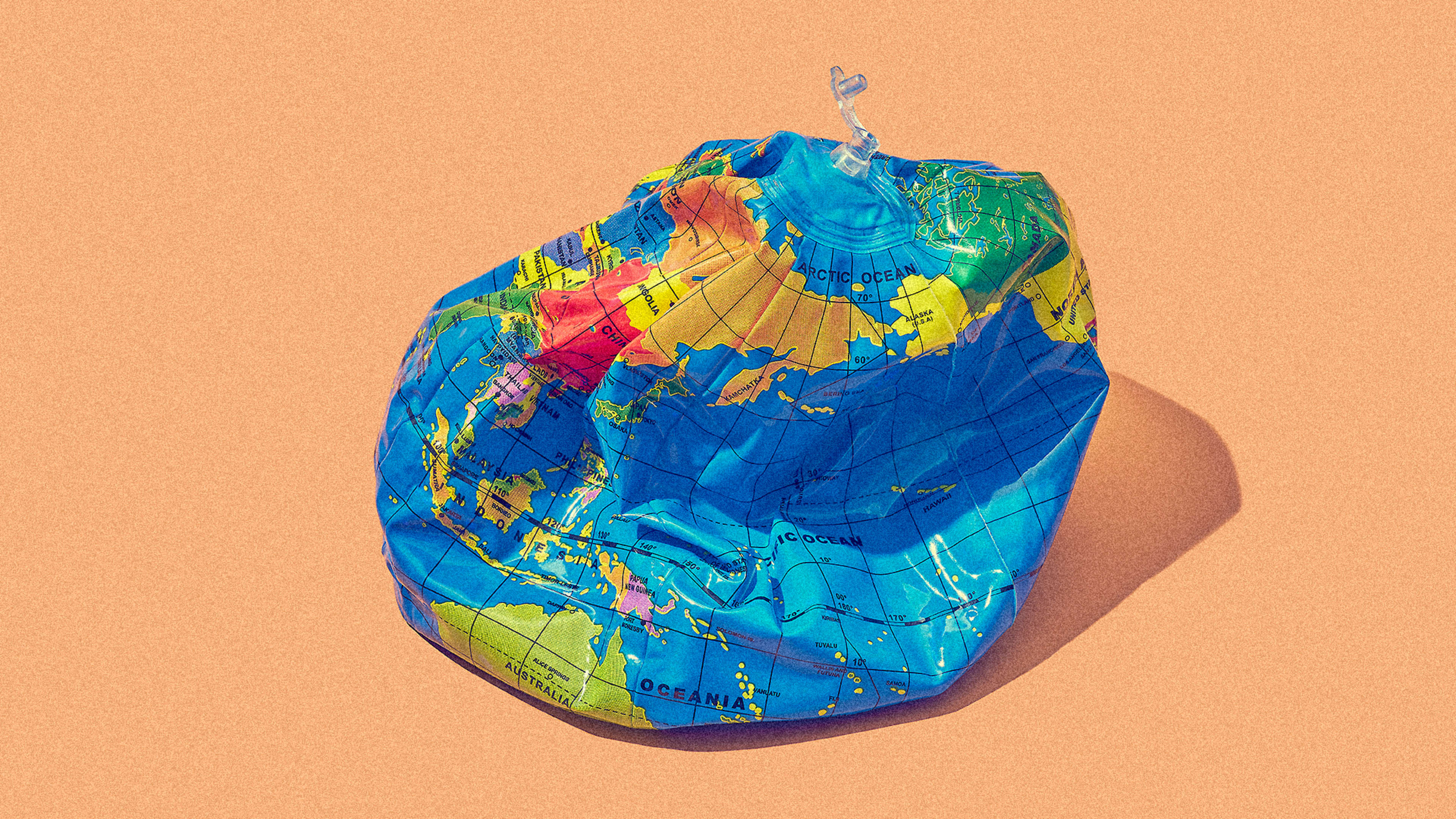While the jury is still out on whether the U.S. economy is, in fact, in a recession, there are signals from across the pond that the economic outlook in Europe is worsening. Economist Mohamed El-Erian, chairman of investment firm Gramercy Funds, recently said during a Gramercy webcast that a European recession is a “done deal.”
Other experts agree. “Europe is struggling mightily,” says economist Aleksandar “Sasha” Tomic, an associate dean for strategy, innovation, and technology at Boston College. “If they aren’t in a recession yet, they will be soon. It’ll be very difficult to avoid.”
If Europe slips into a recession, how would that affect the U.S.?
As Tomic notes, Europe’s economic issues largely revolve around skyrocketing energy costs, and much of that has to do with Russia’s invasion of Ukraine. Russia, which supplies much of Europe with gas, has responded to sanctions over its actions by stifling gas supplies, causing energy prices to spike by nearly 1,000% in some places.
“Europe is dealing with inflation even worse than the U.S.’s,” says Thomas Samuelson, chief investment officer at Colorado-based Vineyard Global Advisors, reaching a high of 9.1% in August.
Samuelson contends that the U.S. is also facing the likelihood of a recession, and is staring down some of the same issues, but is feeling the effect of the war in Ukraine and related energy crisis to a lesser degree. Both Tomic and Samuelson say that the effect of a European recession may not hit the U.S. too hard, as most European countries are relatively small trading partners, especially compared to countries like Canada, Mexico, and China.
Tomic adds that a European recession could even lead to inflows of capital across the Atlantic as investors pile into U.S. markets in search of relative safety.
But with or without a European recession, the U.S. may still be headed for an economic downturn of its own. We’re “between a rock and a hard place,” says Tomic, as policymakers will need to decide between further interest-rate increases, which will stifle the economy, or dealing with continued inflation.
The Federal Reserve will meet this week, and it’s expected that there will be another 75-basis-point rate hike as it continues its crusade against inflation. That could slow the economy further, and some CEOs, including Raj Subramaniam of FedEx, say they’re anticipating that those hikes will officially tip the U.S. into a recession.
Tomic says that the question now is how bad of a recession the U.S. will see, noting, “There’s a lot of uncertainty ahead.”
Recognize your brand’s excellence by applying to this year’s Brands That Matter Awards before the early-rate deadline, May 3.
